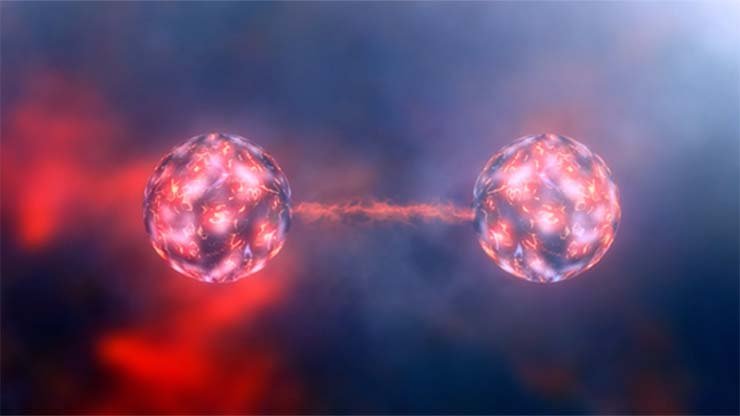
Washington: Widespread quantum computing may now come years sooner than widely expected, thanks to a Pentagon-funded project with implications for everything from rapid vaccine development and weather forecasting to cyber warfare and code breaking.
If the Harvard-led experiment can be replicated and scaled up, it would still take years to make quantum computers widely available to run new forms of artificial intelligence for medical research, scientific experimentation and military command-and-control. But early adopters would almost certainly include intelligence agencies eager to crack encryption protocols widely used by governments and businesses alike. That makes it all the more urgent to implement the new quantum-resistant encryption algorithms the National Institute of Standards & Technology aims to finalise in 2024.
On December 6, the Defence Advanced Research Projects Agency (DARPA) and a paper in Nature announced results from a team of almost two dozen scientists, most of them from Harvard, funded by a DARPA program known as ONISQ (Optimization with Noisy Intermediate-Scale Quantum devices).
“Quantum error correction is fundamentally challenging,” said Mukund Vengalattore, DARPA’s program manager for ONISQ.
“You cannot copy quantum information and you can also not measure the quantum state without destroying it,” said Mikhail Lukin, one of the Harvard scientists.
Different corporate, government and academic teams have tried various approaches to error correction, but they all waste an “exorbitant” amount of the quantum computer’s power, Vengalattore explained. But now the Harvard team has found a radically more efficient way to guard against errors. “This is truly revolutionary,” Vengalattore said adding that “having been demonstrated and even validated in this paper … we are off to the races.”














